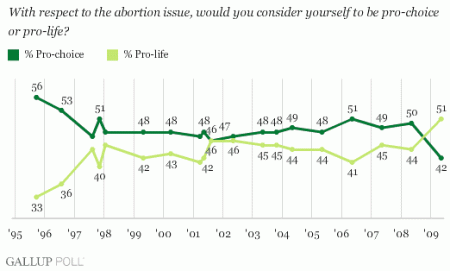Two days ago, Obama delivered his first speech from the Oval Office to a country that desperately wanted to know what was being done to address the oil spill in the Gulf of Mexico. What he delivered, to paraphrase Keith Olbermann, was a speech that could have described another country on another continent on another planet. Perhaps even a time and place long ago in a galaxy far, far away.
Certainly, he discussed the many efforts the government has undertaken to address this disaster. And to the average, uninformed citizen, Obama would have left the impression that something was being done, even from Day 1.
It’s true that since the oil spill, Obama has been very busy. After all, there’s so much to do.
For instance, since day one, Obama has played at least 7 rounds of golf. He has welcomed at least 4 sports teams to the White House including the New York Yankees, the Duke men’s basketball team, UConn women’s basketball team and the Navy football team.
He has attended at least 3 fundraisers, one of which was held for Barbara Boxer on the same day as the memorial service for the 11 workers killed in the Deepwater Horizon explosion. I suppose keeping Barbara Boxer’s Senate Seat was more important. Oh, and did I mention that he attended a party with the Getty Oil family that day too?
Obama has even been on two vacations. Not to mention that Tom Strickland, chief of staff for Obama’s Interior Secretary Ken Salazar, went on a “work-focused” trip that includes whitewater rafting in Arizona on Day 8 of the oil spill.
But let’s not forget that since the oil spill, President Obama has met with very important dignitaries like President Calderon of Mexico, sports analyst Marv Albert, Bono, and most importantly, Paul McCartney. However, it wasn’t until day 58 that he met with BP Chairman Carl-Henric Svanberg and BP CEO Tony Hayward.
As much as Obama would love for us to believe that he has his “boot on the neck” of BP and that he is demanding to know “whose @$$ to kick,” it seems that he has other irons in the fire. Actions speak louder than words, Mr. President.
In sharp contrast with his actions over the past 59 days, Obama’s speech offered the illusion that he is in control of this massive disaster. Furthermore, he is begging us to believe that his cap-and-trade legislation will somehow address this monstrosity. The reality is that it simply will not. I believe Governor Bob Riley of Alabama said it best: “If my house is on fire, I don’t need the fire chief telling me I should not have built the house out of wood. I need somebody to put the fire out.” We don’t need cap and trade, we need to “plug the d@mn hole” (to quote Obama) and clean up our shoreline.
Also, we shouldn’t have rejected assistance from the Dutch when they offered it to us days after the rig exploded. We should have repealed the Jones Act and let our allies help us with this disaster.
It is downright shameful of this president to use the oil spill as leverage to foist his economically inhibitive policies on our country. Cap-and-trade will not clean the oil from our shores. Cap-and-trade will not directly prevent disasters like this from happening. Cap-and-trade will not accelerate scientific advances in clean energy. Why on earth should we pass such legislation?
We must ask ourselves: does it make sense to throw more money at a government who has failed, as a result of bureaucracy and not a lack of money, to clean up our shores in a timely manner? Unfortunately, instead of concerning themselves with the actual oil spill, the White House is apparently more concerned with never letting “a crisis go to waste.”
Article first published as Obama and the Solution that Wasn’t on Blogcritics.



 Posted by Braden
Posted by Braden 

